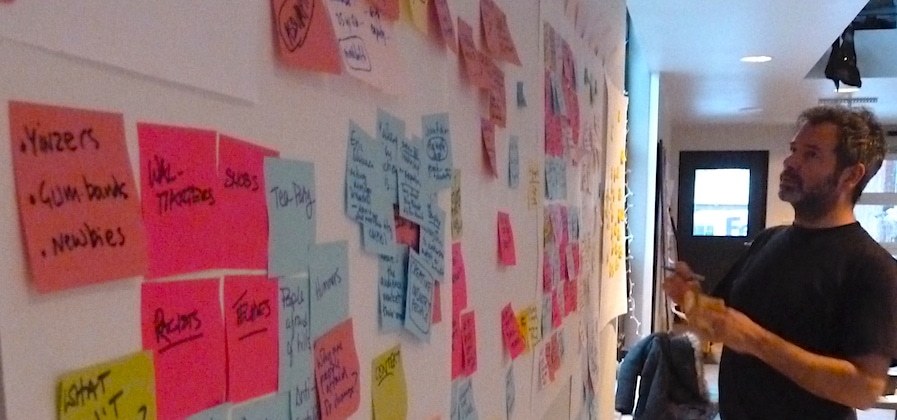
Nowadays, you can’t throw a stone without hitting a “socially conscious” or “socially responsible” residential development project. Let’s assume for a second that most of the firms involved in these projects are genuinely interested in making a difference while making a profit. The question remains: why aren’t we seeing a substantive change in the amount and type of affordable housing available? The quick answer is that many developers are not taking into account how their projects will function in the real world.
Housing is a complex and multifaceted sector. Market conditions and governance factors change from state to state, county to county, and even city to city. Developers can have the best intentions in the world, and the best game plan, but if local authorities or stakeholders are not on board, their project may be dead on arrival. There are significant market forces working against affordable housing. Since housing is an investment for homeowners and commercial property owners, they have a vested interest in stopping new affordable housing from being built.
It may seem that developers working to bring to market affordable housing projects have the deck stacked against them. But with the right mindset and vision going into a project, there is precedent for success. That precedent requires moving beyond traditional ways of thinking and employing place- and use-based framework to their developments.
Place-based responsibility
When selecting a site to erect community-conscious or low-income housing, it is essential to show respect for the local community, and how that development will affect the day to day lives of the people in the area. Many of the problems associated with low-income housing, like blight, crime rate increases, traffic and density issues, and a whole host of other problems come about as a result of poor planning and not staying true to place-based responsibility. In order to dodge these issues, a focus on the neighborhood as a whole, rather than your little piece, will pay big dividends later on.
Use-based responsibility
Use-based responsibility touches on some of the same areas as place-based, but with a crucial difference: it looks towards how the residents and community will interact with the development on a level that exceeds simply doing what you can to ensure the units are filled. Rather than just creating a sequence of buildings, the goal should be to create eminently livable communities, where the space compliments the way residents live, rather than residents having to adapt to the space.
Determining the best path forward
To ensure that your project is aligned with place and use based responsibility, it is imperative that you somehow engage the community. This can be through educational campaigns, public meetings, or any other means of two-way communication between stakeholders and developers. Going further, crowdfunding platforms have allowed developers to solicit investments from people in the very same communities in which they hope to make a difference. Nothing gets people on board like having a direct financial incentive in a project.
_
Even the best intentions can result in disaster without proper follow-through. They say smart people learn from their mistakes, and smarter people learn from the mistakes of others. The socially responsible development sector is no longer in its infancy, and there is a wealth of data out there to help new developers avoid the mistakes of the past. Recognizing your responsibility as an investor or developer is the first step toward building a profitable, socially conscious property portfolio.
Image by Eve Picker
